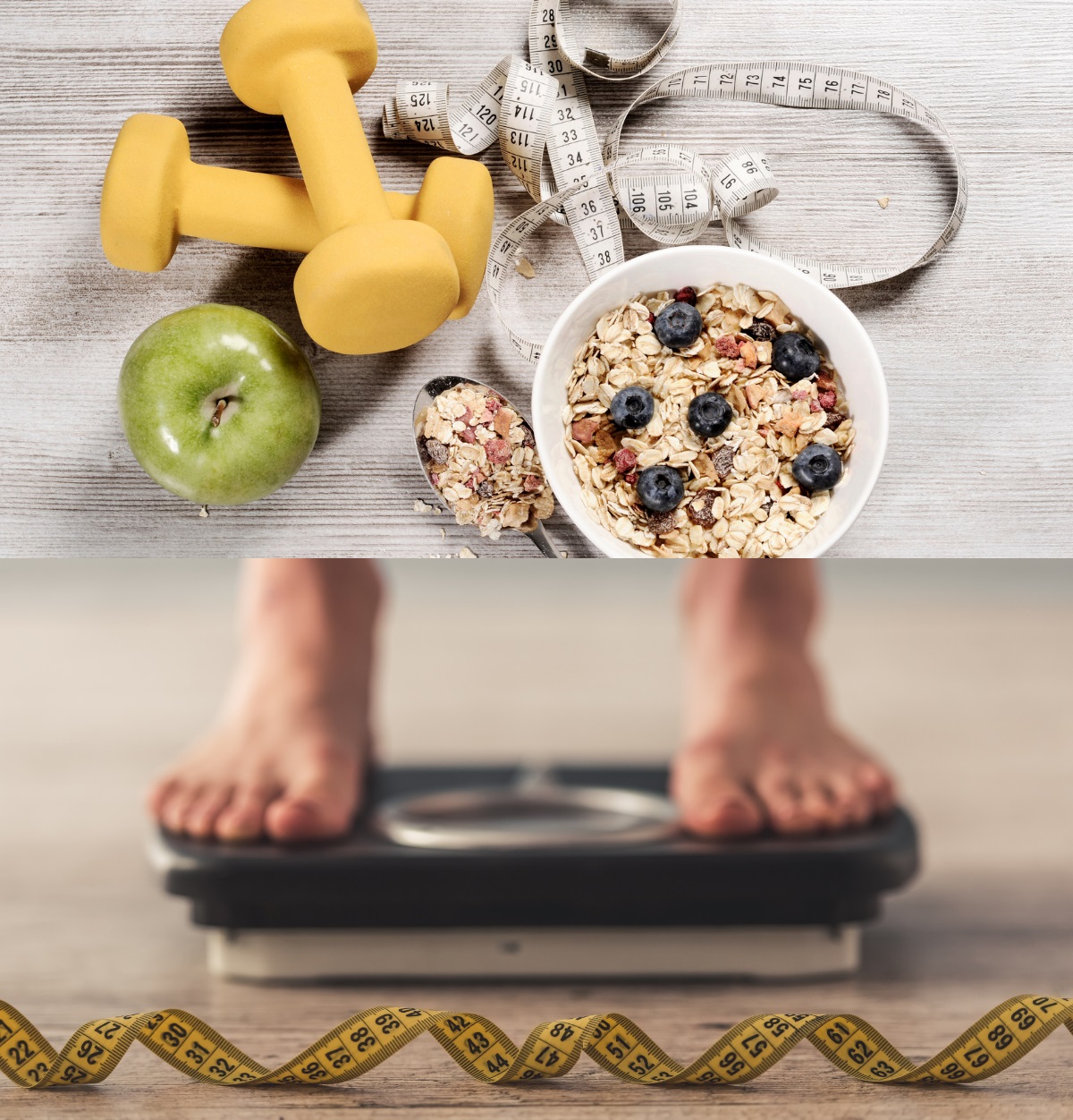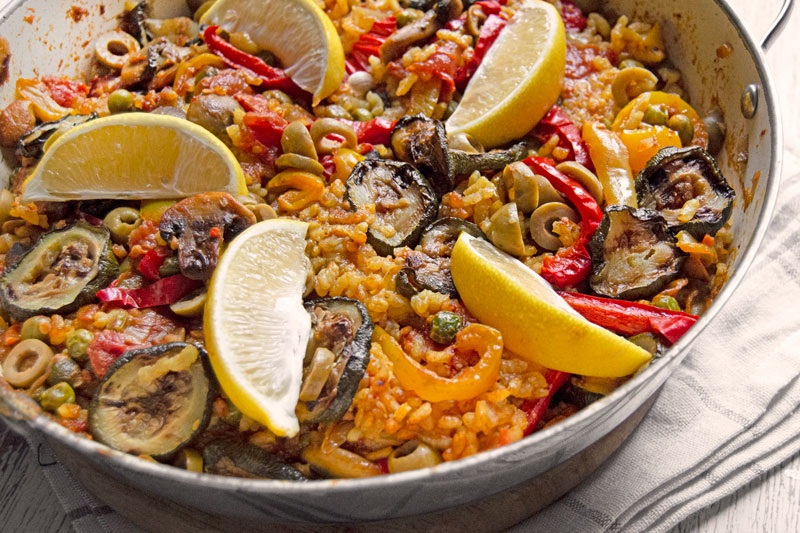The Telegraph vs. Veganism
On 13th July 2021, British newspaper The Telegraph published an article by Xanthe Clay, titled “The truth about vegan food – and why it isn’t as healthy or as eco-friendly as you think”.[1] It struggled to land any significant blows against veganism and appeared to lament the rise in choices of milk at coffee shops and the growing selection of vegan products in supermarkets.
There seems to be a whole lot of misinformation being spread about veganism in the UK press, and The Telegraph is one of the main culprits, with headlines like ‘I gave up being a vegetarian and started eating meat again – to save the planet’ and ‘I gave up veganism and my health improved instantly’.
The Telegraph‘s editorial team seems to be attempting to cater to a demographic they’ve identified themselves: scared of change; discombobulated by too many choices; terrified of an imagined encroaching militant veganocracy which will set about banning their beloved foie gras canapés. We feel they are doing a disservice to their readership, who are cannier, more aware of nuance, and more adaptable than they give them credit for. So let’s look at some of the issues the article raises….

Change can be terrifying... but it's worth it!
The Telegraph has the oldest readers of any national UK daily newspaper.[2] People often find it harder to adapt to new situations as they age – the mechanics of this were laid bare in 2016 by research scientist Dr. Bertran-Gonzalez in a study sponsored by the State Government of Queensland, which found that activity in a vital brain circuit that allows mammals to adapt to change fades with age.[3] However, the undeniable truth is that not only will a shift towards a vegan diet improve our environment, but also make us massively less likely to suffer from chronic diseases most closely associated with ageing, such as stroke, Alzheimer’s and heart disease. It’s easy to veganise many of the nation’s favourite dishes, from roast dinners through to burgers and chips and Greek gyros. For more vegan recipe ideas and to see how tasty, healthy and easy it is to live and thrive without using animals for food, come and have a look at our ever-growing recipe section here!
The environmental impact of meat compared to meat alternatives
The Telegraph article asks “are the new vegan substitutes really the answer to our health and climate woes, especially when most – soy, jackfruit, coconut – have to be imported?” There are two points to consider here: firstly, veganism is less about finding ‘substitutes for meat’ than simply eating a plant-based diet. Secondly, the answer to the question is a clear ‘yes’ – veganism is certainly a massive boon to health and climate woes, and even when such crops have to be imported, they’re still colossally less environmentally damaging than meat production. Jackfruit is the largest known tree fruit, and can weigh anything from 5-45 kg each; like coconuts, it’s drought-resistant, flourishes in high temperatures and is strong in the face of threats from pests and disease, not to mention having a superb nutritional profile.[4] At a time when unstable weather created by human-initiated climate change is threatening crops of maize, wheat and other staples, it’s essential we investigate the nutrition offered by this hardy fruit. Soy is another massively nutritious crop.[5] The problem with soy is that the Amazon rainforest is being decimated in order to grow it for cattle feed. The World Wildlife Fund estimates that 75% of the world’s soy goes into animal feed.[6] This is a gigantically inefficient use of valuable resources, as every 100 calories of it fed to livestock results in us getting only 12 calories back in the form of meat and milk.[7] If soy is a direct food source for humans without being wastefully channelled into meat production, the land required will be vastly reduced, as will the carbon footprint. The article fails to mention there are plenty more crops used for meat alternatives which do grow in the UK, such as peas, wheat, beans, chickpeas, nuts, lentils, hemp seeds and mushrooms.
But vegans are always so skinny!
Veganism is not necessarily a shortcut to health, and we cannot become complacent by assuming giving up animal products will make us automatically healthy. The article quotes Andrea Rymer, a dietician at the Vegan Society, urging caution around UPFs (ultra-processed foods). It is possible to be vegan and unhealthy – there are both saturated and trans fats which are plant-based, and choosing these – especially combined with salt, sugar and refined carbohydrates – will always be unwise. Xanthe Clay also points out we shouldn’t expect the same nutrition from soy milk as we find in cows’ milk. This is correct: milk from cows contains 40% more calcium – but even if you discount the fact that many plant milk manufacturers already add calcium to their products, eating a diet rich in foods like nuts, seeds, pulses and green, leafy vegetables will give us all the calcium we need anyway. What isn’t so easy to discount is the 20-year study of over 100,000 people which showed that those drinking cows’ milk had higher rates of heart disease and death, and a significantly higher cancer rate per glass of milk.[8] The science is clear and unequivocal: eating a vegan diet leads to lower rates of inflammation.[9] It leads to a significantly lower risk of cancer.[10] It lowers your blood pressure.[11] It significantly reduces your BMI, cholesterol and a whole host of other risk factors.[12] When someone next makes the common complaint that ‘vegans are always so skinny’, this is an indication that we’ve simply become used to the fatter average weight fostered by our incredibly unhealthy Western diet. The lower body weight of vegans is on a par with the average weight of humans in rural, mainly plant-based societies, where humans evolved, and where, unlike in the USA, the current generation won’t be the first expected to have a shorter life than their parents as a result of their diet.[13]
A plant-based whole food diet is magnificent for health and vastly better for the planet. Why wait until Veganuary to give it a go? We have a vast range of mostly vegan recipes to give you a whole host of fresh, exciting ideas for meals and snacks – and a gigantic selection of whole foods to provide you with all the ingredients you could possibly want. Dive in!
[1]https://www.telegraph.co.uk/food-and-drink/features/truth-vegan-food-isnt-healthy-think/
[2]https://flashesandflames.com/2019/11/08/whats-next-for-telegraph/
[3]https://www.cell.com/neuron/fulltext/S0896-6273(16)00185-9
[4]https://www.webmd.com/food-recipes/health-benefits-jackfruit
[5]https://www.healthysupplies.co.uk/blog/article/the-joy-of-soy/
[6]https://www.wwf.org.uk/updates/soy-story-uk-retailers-and-soy-driven-deforestation
[7]https://www.vegansociety.com/get-involved/campaigns/plate-planet/why-we-should-eat-differently
[8]https://www.bmj.com/content/349/bmj.g6015
[9]https://www.ncbi.nlm.nih.gov/pmc/articles/PMC7730154/
[10]https://pubmed.ncbi.nlm.nih.gov/32486102/
[11]https://pubmed.ncbi.nlm.nih.gov/26853923/
[12]https://www.ncbi.nlm.nih.gov/pmc/articles/PMC5380896/
[13]https://www.nytimes.com/2005/03/17/health/childrens-life-expectancy-being-cut-short-by-obesity.html




